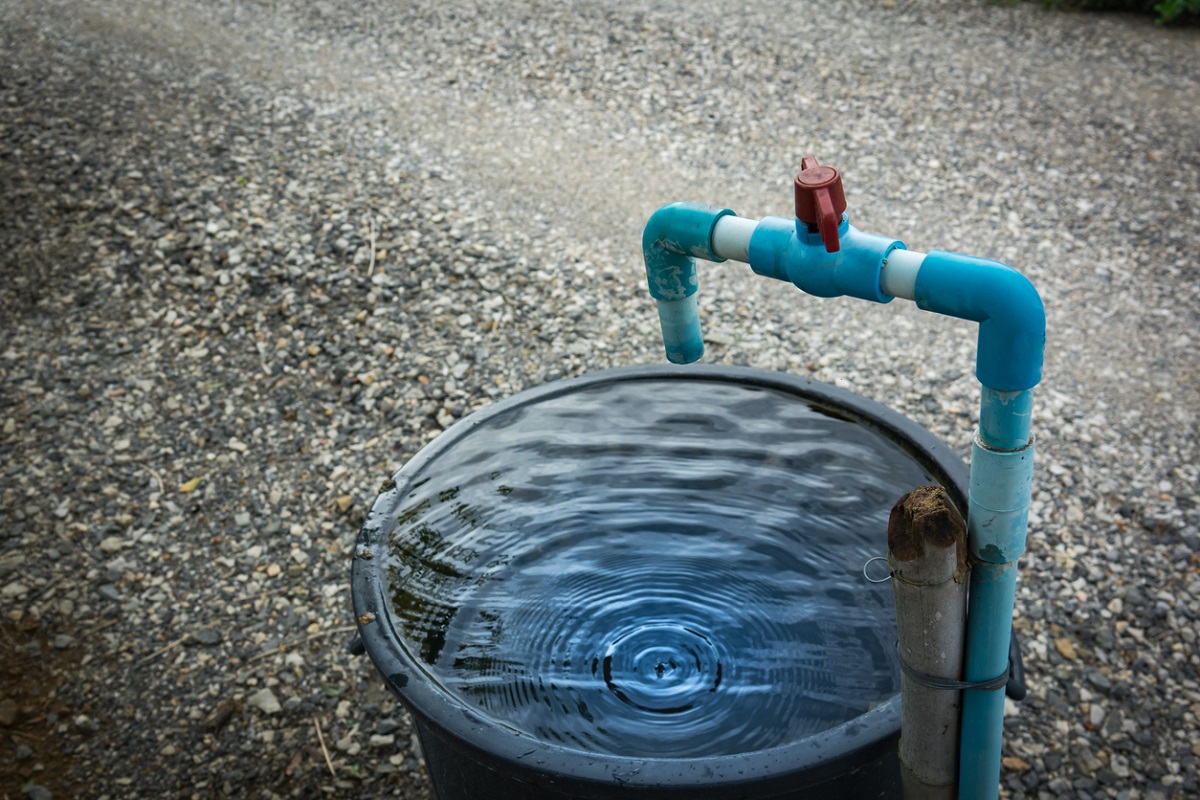Cong forms drafting committee for AICC session in Gujarat
The Congress has constituted a drafting committee for the upcoming AICC session in Gujarat.
At the village level, Water & Sanitation Management Organisation (WASMO) is leading the technical part of JJM implementation.
SNS | New Delhi | January 5, 2022 8:42 am

(Representational Image; Source: iStock)
Gujarat is aiming to achieve 100 percent saturation by October 2022 under the Jal Jeevan Mission (JJM). Currently, 90 percent of rural households across the state have access to the piped drinking water supply.
There is a provision of 100 percent tap water supply in their homes of rural households in six districts — Anand, Botad, Gandhinagar, Mehasana, Porbandar, and Vadodara, and more than 90 percent across 17 districts — Morbi, Jamnagar, Patan, Bharuch, Dang, Junagadh, Gir Somnath, Kachchh, Rajkot, Ahmedabad, Navsari, Amreli, Banas Kantha, Bhavnagar, Surat, Surender Nagar, and Kheda.
Advertisement
“Gujarat is rapidly ramping up drinking water supply access to rural households. Around 90 percent of rural households have access to piped drinking water supply in the state. The state now plans to achieve 100 percent saturation by October 2022,” a release from the Jal Shakti Ministry said.
Advertisement
The villages of the Bhavnagar district have dual source planning. Following a good monsoon, water from open wells, which this year had reached up to 8-18 feet in October, is used for drinking water supply.
During dry months, villages draw water from the Mahi Pariage Regional Water Supply Scheme (the scheme gets water from Mahi River as well as Narmada when required).
Gujarat Water Supply and Sewerage Board (GWSSB) provides water supply up to the village level. A sizeable number of rural households in the district also practice rainwater harvesting.
At the village level, Water & Sanitation Management Organisation (WASMO) is leading the technical part of JJM implementation.
In Talaja and Mahuva blocks of Bhavnagar district, Gujarat-based Coastal Salinity Prevention Cell (CSPC), with long experience of working with rural communities of Gujarat in drinking water supply and access issues, rainwater harvesting, and water resource management, is leading the programme IEC activities, community mobilisation, and training programmes for Pani Samitis and Gram Panchayat members.
Bhavnagar had about 85 percent rural households with the provision of tap water supply when JJM was launched in August 2019.
CSPC through its community mobilisation, awareness, and capacity-building programme has played a key role.
According to CSPC field managers and trainers, even villages without Functional Household Tap Connection (FHTC) had their Pani Samitis set up during the previous programme.
CSPC activated these Pani Samitis for implementing in-village water supply systems under JJM Programme by raising their programme awareness and capacity building through training. In some villages, where Panchayat elections had taken place, CSPC helped Gram Panchayats set up their Pani Samitis.
Training of Pani Samitis in water quality testing, monitoring, and surveillance using field test kits was undertaken. Currently, WASMO conducts pre-and post-monsoon water quality assessments through water quality laboratories. In villages, where the schemes are now operated by Pani Samiti, households pay minimum monthly user charges.
Apart from training Pani Samitis in various aspects of in-village water supply and management, the government of Gujarat recognises their work and efforts through annual awards and recognition.
(With IANS inputs)
Advertisement
The Congress has constituted a drafting committee for the upcoming AICC session in Gujarat.
Prime Minister Narendra Modi on Thursday stressed the need to develop villages of India to make the country developed.
Congress leader Rahul Gandhi’s recent remarks in Gujarat point to a persistent pattern that continues to plague the party ~ a refusal to confront hard truths and an over-reliance on scapegoating.
Advertisement
